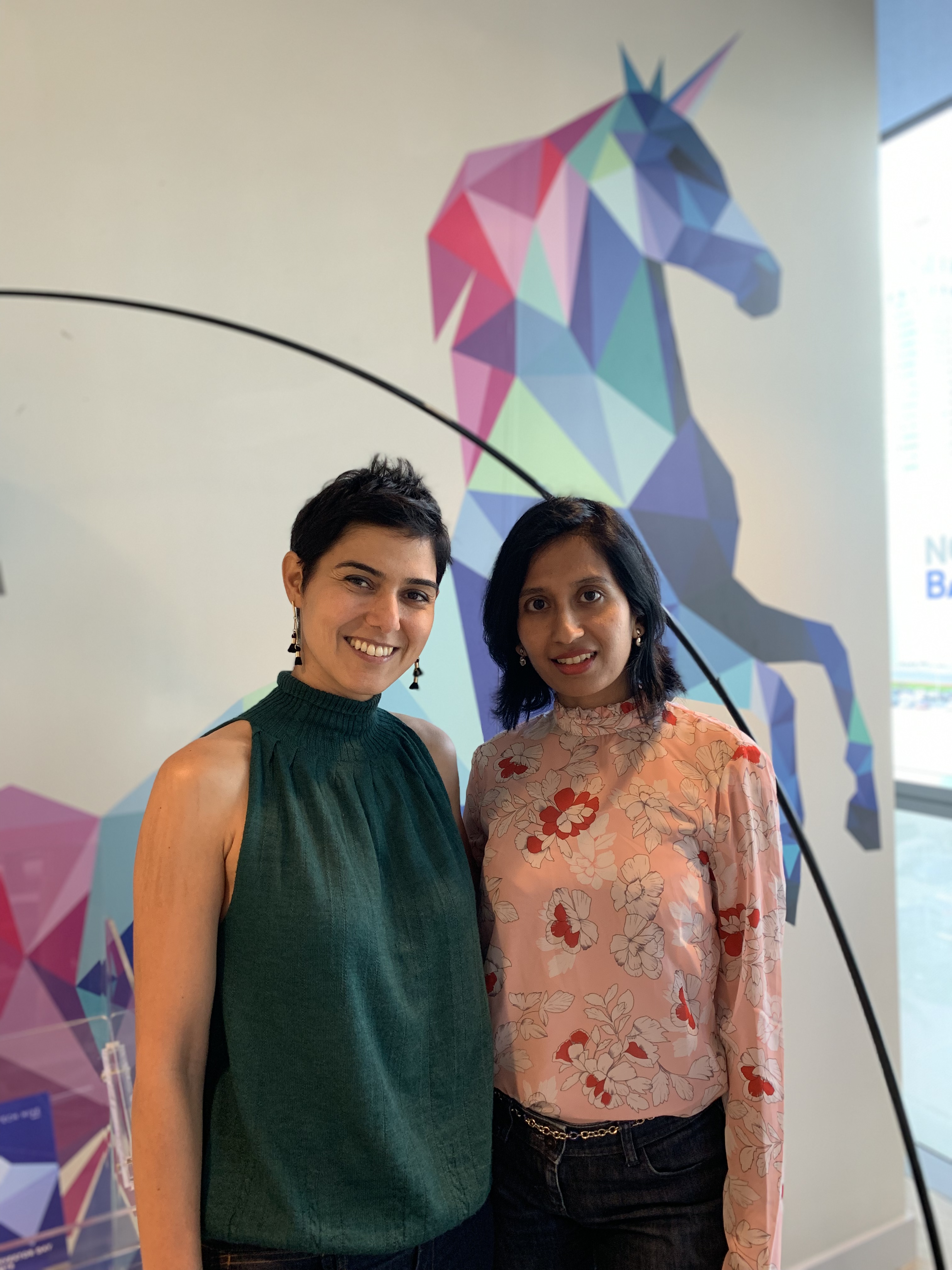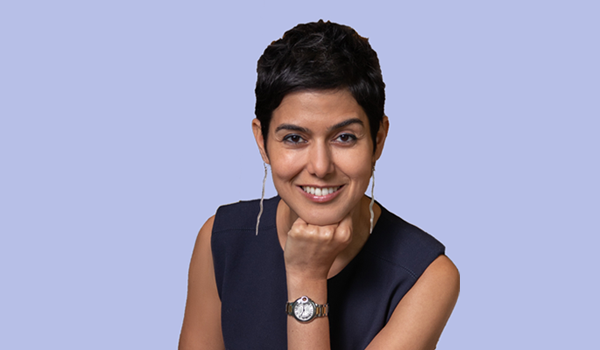Resilient. That’s the first word that came to mind over the course of my conversation with Rana Nawas. The Oxford-educated engineer and former corporate warrior (she spent a little over a decade at GE) is passionate about driving gender parity in the corporate world, a topic she diligently explores as the creator and host of the podcast “When Women Win.”
Her journey over the past year and a half has been nothing short of a whirlwind. In late 2017, shortly after leaving GE, Rana was diagnosed with cancer at around the same time she ventured into podcasting. She went on to emerge fighting fit both in terms of her physical health and her passion project. When Women Win hit the top spot in its first season alone, becoming iTunes’ #1 podcast.

We sat down with this warrior for women’s empowerment to deconstruct her personal finance journey and key lessons learned. Let’s dive right in!
Just Friggin’ Start
“My first job was in London, working for McKinsey. Back then, I stuck to this golden rule about thirds: I spent a third of my salary on rent, a third on food and living expenses and a third I would save,” remembers Rana. She admits she wasn’t saving much but made it a regular practice to save something regularly, so that it would become a habit. “I think having a decent amount of cash saved is as important as investing.” Always keep a couple of months’ salary as a safety cushion before you start investing.
Make Mistakes When You’re young
“My risk appetite evolved over the years. In the beginning I was super aggressive, verging on reckless is what one financial advisor told me,” recalls Rana who admits to being “burned” on more than one occasion. “I’m glad I learned those lessons in my twenties and thirties because I can apply them to the decisions I make later in life. Imagine making a big mistake with money in your fifties or later, when your focus is on preserving wealth. That would be a lot more difficult to bounce back from.”
Turn Mistakes Into Lessons
Rana is frank about having made a lot of mistakes when it comes to money and “learning tons” along the way. She counts investing in a movie as probably her “dumbest move.” “It was 2012 and a lot of asset classes simply looked too shaky. The movie opportunity was sold to me as being something that would make me an 80% return and I bought the hype. And it was an expensive mistake that took me a long time to recoup. I had to start my savings pot all over again!”
What was the lesson she learned? “It’s not that you shouldn’t invest in movies but you shouldn’t invest all your savings in a movie! Diversification is vital. Also, I shouldn’t have put so much money in something I know practically nothing about. The chances of a film becoming a hit and recovering its budget are already so slim. I should have educated myself.”
Passive, Diversified and Long-Term = Consistent Returns
What does Rana’s investment approach look like today? “I like to keep it simple, diversified, long-term and low on hassle. I have a little bit of everything: cash, real estate, bonds and on the equities side… through ETFs (Exchange Traded Funds). I take a long-term view because I know I’m not one of those people who will spend an hour a week monitoring the market, buying and selling. I don’t believe in overthinking it because you can’t outperform the market.”
Invest in Life Insurance and/or Critical Illness Early
Rana was diagnosed with cancer a mere month after leaving GE and luckily, was covered by her husband’s health insurance. She is empathic about young people investing in life insurance and critical illness cover before the age of 35, when premiums get even pricier. “One thing I regret is not purchasing critical illness and life insurance cover earlier. Now, not only am I in my late thirties but having had cancer before, it would be virtually impossible to get affordable life insurance coverage. With critical illness cover, as soon as I was diagnosed I could have received a sizeable payout from the insurance firm. Even if I didn’t need the money for my treatment, I could have invested it! Lesson learned.”
Own Your Money Narrative
“The opposite of investing successfully is investing unsuccessfully,” believes Rana. “I’ve now learned the importance of taking ownership of my decisions and doing my homework on a financial product and on the financial advisor, instead of just blindly trusting a product because it has a large global bank name attached.”
Rana also underscores the need for women to take charge of their financial destiny. “90 percent of women will have to manage their own wealth at some point in their life. We have a double whammy in that we earn less for the same work and we invest less, so the wealth disparity grows as we get older, compared to men. Yes, women tend to invest more conservatively which is not a bad thing, provided you are in it for the long-term. The issue is just that more women need to take that first step and get going!”
Ready to invest in your future?
